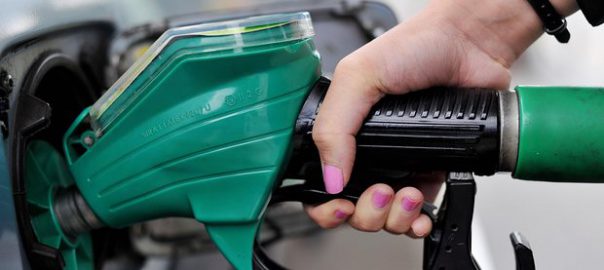Industry giants’ call for biofuels over electric and fuel-efficient cars puts Europe’s carbon emissions targets at risk, say experts
VW and Shell have been accused of trying to block Europe’s push for electric cars and more efficient cars, by saying biofuels should be at heart of efforts to green the industry instead.
The EU is planning two new fuel efficiency targets for 2025 and 2030 to help meet promises made at the Paris climate summit last December.
But executives from the two industrial giants launched a study on Wednesday night proposing greater use of biofuels, CO2 car labelling, and the EU’s emissions trading system (ETS) instead.
In reality, such a package would involve the end of meaningful new regulatory action on car emissions for more than a decade, EU sources say. But Shell insisted it is not trying to block an EU push for electric cars.
Ulrich Eichhorn, VW’s new head of research and development, said that plug-in hybrids and more efficient vehicles were “building blocks” for the future, but that “higher shares” for biofuels would be needed in the meantime.
He told a meeting in Brussels:
“Modern diesel and natural gas engines will absolutely be required to deliver CO2 targets until 2020 and they will also contribute to further reductions going on from there.”
In meeting the Paris goals, “societal costs need to be minimised to keep our industrial strength and competitiveness,” he said.
The Auto Fuels Coalition study, written by Roland Berger, makes a series of highly pessimistic assumptions about the costs of fuel efficiency improvements, and equally optimistic ones about greenhouse gas emissions from biofuels. A recent EU study found the dirtiest biofuels three times more polluting than diesel.
An EU source said:
“these two industries have realised they have a shared interest. When you saw who was paying for the study, you knew what the answer would be.”
Read more: The Guardian

